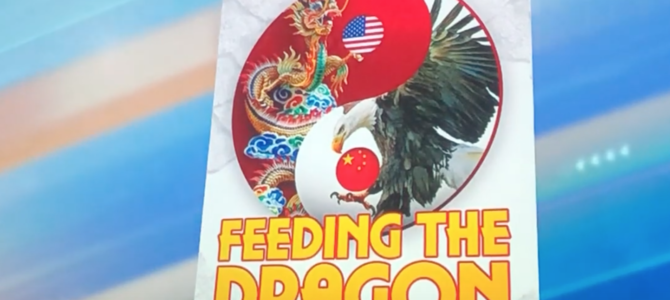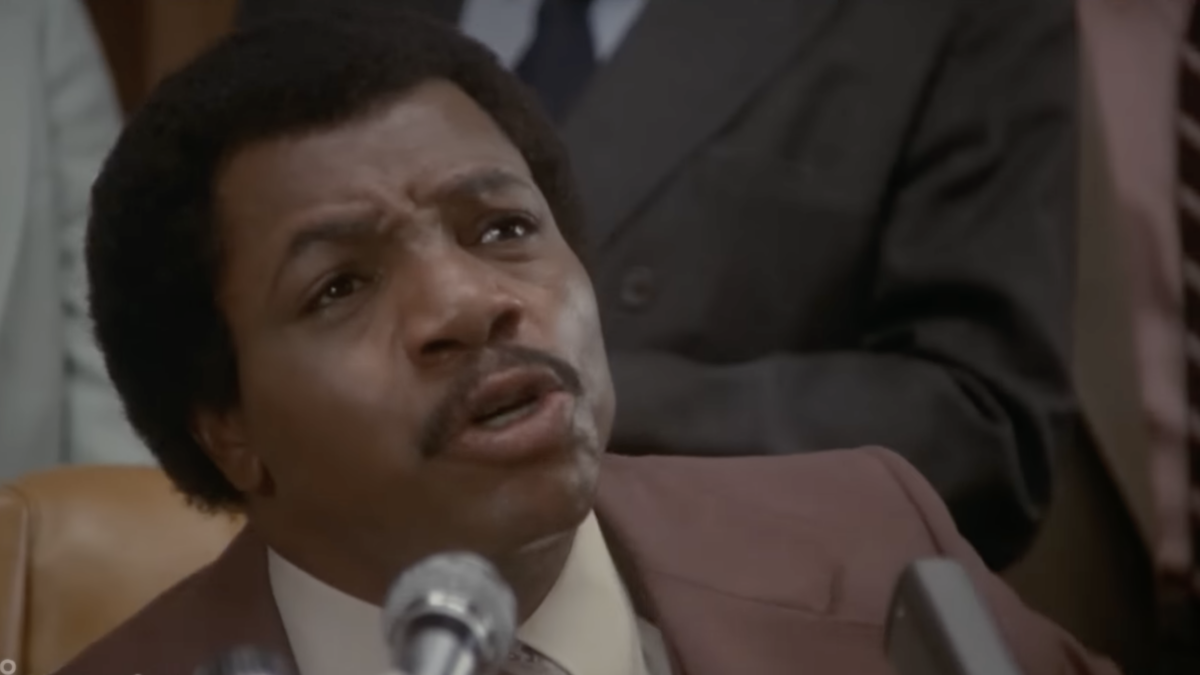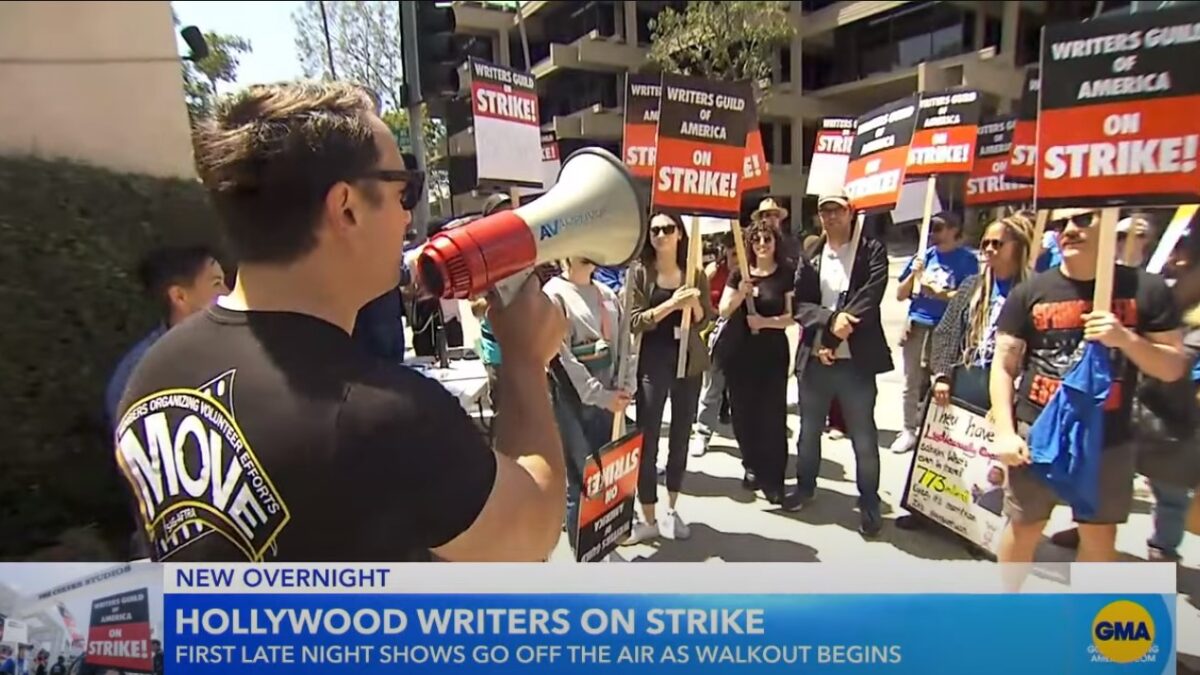In the hazy days between Christmas and New Year’s, I called Chris Fenton from the corner of an empty Wisconsin coffee shop to chat about Hollywood. Having helped distribute American blockbusters in the Middle Kingdom, Fenton’s perspective helped me report a Jan. 15 investigation that was headlined, “Why Hollywood’s Cozy Relationship With China Could Face An Ugly Reckoning In The 2020s.” I’m not sure either of us realized how quickly that reckoning would come.
“Hollywood,” Fenton warned, “is likely to become the target of Congress, pundits, and the American public. He predicted big-picture questions would intensify, including: “Is Hollywood pandering to China like the NBA? Should Hollywood be doing that? Is Hollywood spreading China’s soft power initiatives? Is Hollywood complicit like the NBA and other American businesses?”
Fast forward to July—months into a pandemic of Chinese origin that’s wreaked havoc on the film industry—and Fenton released “Feeding the Dragon: Inside the Trillion Dollar Dilemma Facing Hollywood, the NBA, & American Business.” Everyone from Steve Bannon to Tucker Carlson to Adam Carolla has interviewed Fenton on the book, a fast-paced must-read for anybody interested in our increasingly problematic relationship with China.
Fortunately, “Feeding the Dragon” is riveting. Fenton, a former DMG executive, is a great storyteller who also has great stories to tell. Part memoir, part policy prescription, “Feeding the Dragon” tracks his amusingly rocky journey from a SoCal Olive Garden to the mail room at William Morris to the Beijing premiere of “Iron Man 3.”
Fenton’s behind-the-scenes experience pulls back the curtain on how Chinese censors shape Hollywood films, impelling executives in L.A. to make tweaks that pander to Chinese audiences or bring a film into compliance with the CCP’s narrow content restrictions. He was one of those executives, and the book includes stories that find Fenton lobbying for creative changes that would nudge the CCP to smile upon blockbusters like “World War Z” and “Iron Man 3.”
Fenton came to regret it, realizing the business relationship left Hollywood complicit in the CCP’s authoritarian dominance. (He’s expanded on that twice in these pages, as well.) “Self-reflection is an extremely powerful force. When I started writing, I felt passionate as a voice of dissent. By the end, I learned I was also complicit,” he writes in the book’s introduction.
Still, Fenton insists the United States and China “must continue to coexist through the bonds formed by the consistent bilateral exchange of culture and commerce.”
“We must continue to feed the dragon,” he concludes. “But we must do so without resorting to activities that marginalize the principles, ethics, interests, and beliefs of Americans.”
We hashed out whether that was actually possible on a recent episode of the Federalist Radio Hour, which you can watch below. I remain skeptical, but he points back to “Fenton’s Five Forces of Diplomacy”—national security, politics, human rights, culture, and commerce—as the keys to success.
What remains remarkable is Fenton’s timing. His book was in the works for a while, but takes on heightened relevance as the pandemic, exacerbated by CCP malpractice, is straining the movie business from Beijing to Burbank. Fenton is adamant that we’re not in a Cold War, but finds common ground with China hawks in D.C. on a host of policies. His book hits shelves as the consequences of the CCP’s bad behavior continue peaking in Hollywood and Washington, making it a timely and critical exposé.
Just last week, a Pen America paper outlining Hollywood’s unsavory ties to China grabbed major headlines. “All of us are fearful of being named in an article even generally discussing China in Hollywood,” the report quoted one producer.
“It’s hard for people to speak on the record if they want to keep their jobs,” said another.
Fenton, you’ll note, is on the record. That makes his perspective invaluable as Americans begin reevaluating our deep ties to a malicious government guilty of reprehensible human rights abuses. As a veteran of one of the industries most closely coupled with Beijing, Fenton’s insights are well-worth consideration in Washington and beyond. It doesn’t hurt that his story is studded with Hollywood intrigue, too.









